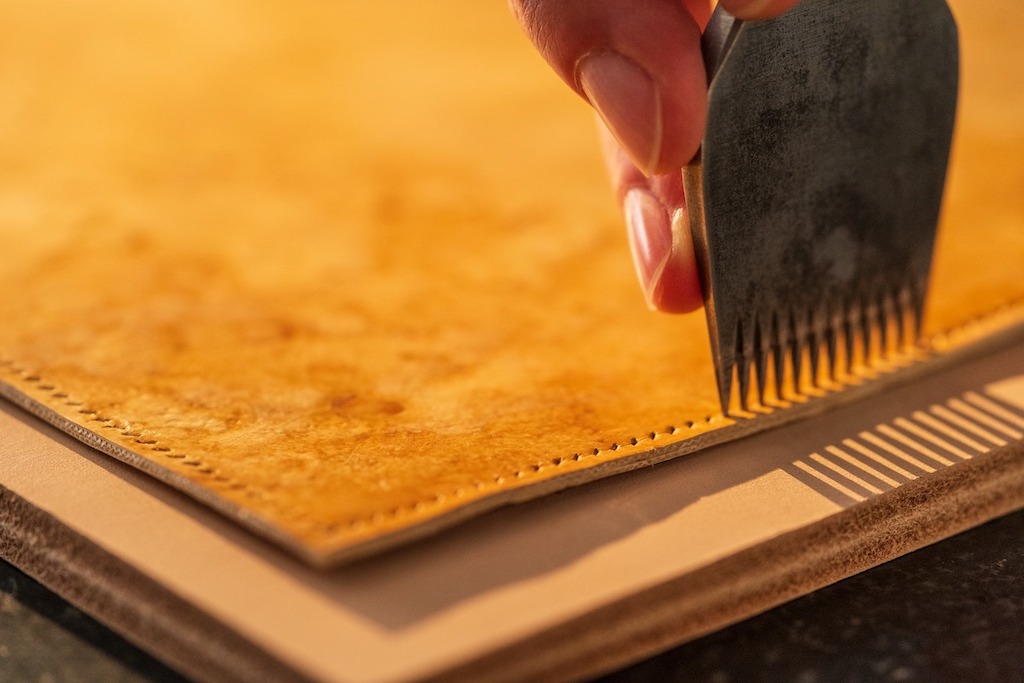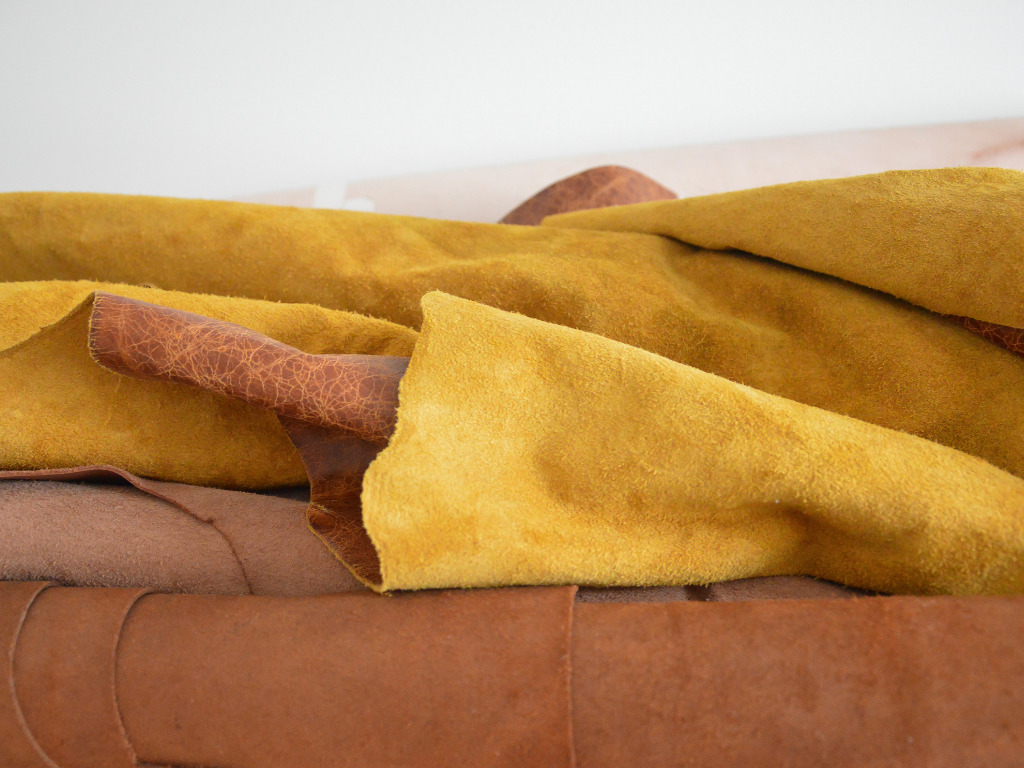3 Mins Read
Turning mushrooms into leather is proving to be big business for MycoWorks, the Bay Area startup that has produced vegan leather for a number of brands including luxury French fashion house Hermès. Now, MycoWorks has raised $125 million in its Series C funding round to scale.
The new funding for MycoWorks will go to scale its manufacturing, namely for its flagship vegan leather product called Reishi.
The company says its goal is to meet the demand for sustainable materials and goods. The funding will go to advance R&D efforts and technology. According to MycoWorks, it is inundated with requests from brands interested in using its materials.
Scaling production
The Series C funding builds on its Series B $45 million raise and $17 million in its Series A since launching in 2013.
According to MycoWorks, it produces a fabric different from its competitors. It says its biotechnology platform allows it to engineer the mycelium—the root structure of mushrooms—to grow into a made-to-specification luxury material.

“A lot is happening in this space,” MycoWorks CEO Matt Scullin told TechCrunch. “Mycelium is a tunable material, and a lot of folks are entering the space because they see opportunity for it. However, their main approach is taking fibers and embedding them in plastic, which results in a low-quality material like ‘pleather.’”
That made choosing the right investors critical, according to Scullin. Prime Movers Lab, one of the investors shares expertise in biotechnology and scaling manufacturing—two of MycoWorks biggest needs at the moment.
“What MycoWorks has achieved with its Fine Mycelium platform is not just a breakthrough, it is a revolution for industries that are ripe for change,” David Siminoff, general partner at Prime Movers Lab, said in a statement. “This opportunity is massive and we believe that unrivaled product quality combined with a proprietary scalable manufacturing process has MycoWorks poised to serve as the backbone of the new materials revolution.”
Mushroom leather goes mainstream
While partnerships like the Hermès deal have positioned MycoWorks as a luxury leather producer, the company’s aim is mass production, though, allowing for a range of products and price points. The company says the new funding is key to scaling.
Part of that will happen via a new production plant in South Carolina, expected to be operational within 12 months. It should be capable of producing several million square feet of mycelium per year, the company says. It already operates a west coast plant outside of San Francisco in Emeryville, California, where it recently produced 10,000 trays of the product it calls Fine Mycelium.

Disrupting leather is big business. By the company’s account, more than $150 billion worth of traditional leather is sold every year. An animal-based material, leather brings both ethical and sustainability concerns.
The alternative leather market, particularly mushroom leather, is growing. MycoWorks’ chief competitor, Bolt Threads, just saw its vegan mushroom leather in the new Mercedes-Benz concept EV. It’s also been used in designs by British fashion designer Stella McCartney. During Fashion Week last September, McCartney debuted a limited-edition handbag made with the vegan mushroom leather.
Photo by Ranurte on Unsplash.



